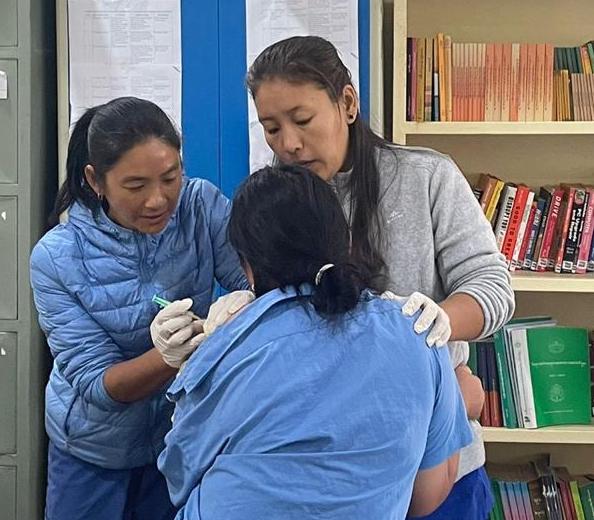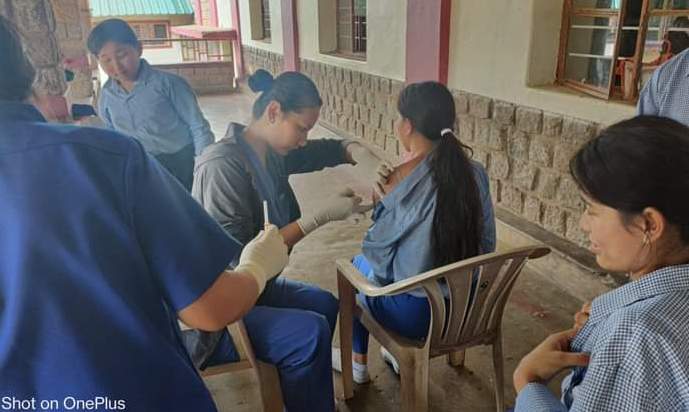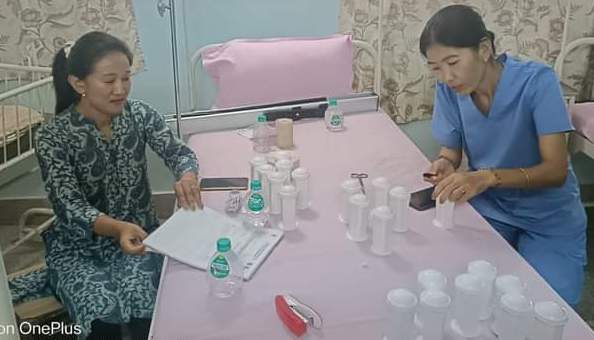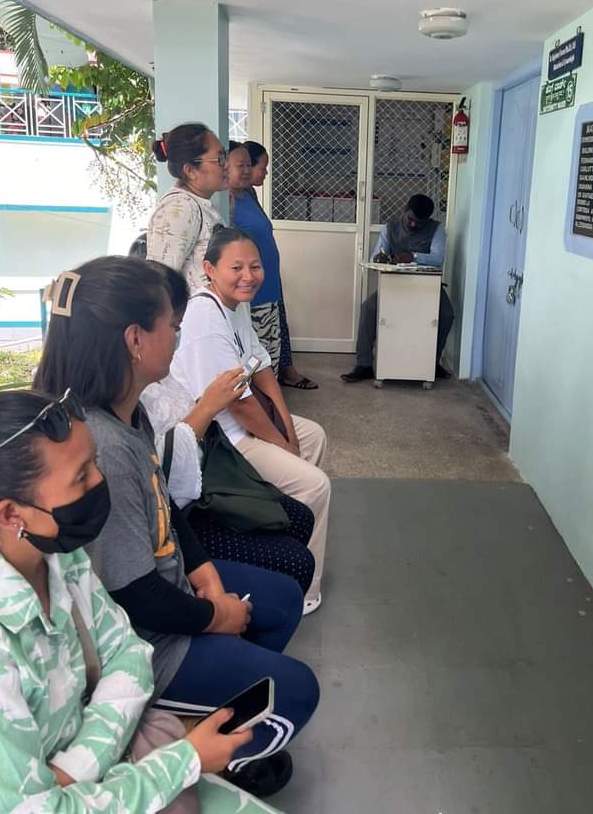
“Globally, cervical cancer is the fourth most common cancer in women, with around 660 000 new cases in 2022.” (World health organization) Cervical cancer is the second leading cause of cancer deaths among women in India. “Human papillomavirus (HPV) is a common sexually transmitted infection which can affect the skin, genital area and throat. Almost all sexually active people will be infected at some point in their lives, usually without symptoms. In most cases the immune system clears HPV from the body. Persistent infection with high-risk HPV can cause abnormal cells to develop which go on to become cancer. Persistent HPV infection of the cervix (the lower part of the uterus or womb, which opens into the vagina – also called the birth canal) if left untreated, causes 95% of cervical cancers. Women are recommended to get screened for cervical cancer every 5–10 years starting at age 30. Since Pre cancers rarely cause symptoms, which is why regular cervical cancer screening is important, even if vaccinated against HPV.” (WHO)
The department of Health launched vaccination and screening campaign, which is targeted towards prevention, early detection and raise awareness on cervical cancer for adolescent girls and women above 30 years in reproductive age in Tibetan communities across India. The initiative is carried out under the RMNCHA program which is funded by the United States Agency for International Development (USAID).
The HPV vaccination drive with a single dose for young adolescent girls started in September, 2023 in accordance with the WHO’s recommendation. Since then 1543 girls enrolled in 7th-12th grade across various Tibetan schools in India have been vaccinated with parental consent. As per WHO, vaccinations are effective at preventing infection with virus types 16 and 18, which combined account for around 70% of occurrences of cervical cancer worldwide.
Since 2022, under the screening initiative, around 2016 women above the age of 30 availed free Pap smear test. This initiative not only aided early detection but raised awareness about cervical cancer in the Tibetan community as it can be cured if diagnosed and treated at an early stage of disease. It also provided opportunity to recognize symptoms and seeking medical advice to address any concerns.
The free HPV vaccine and Pap smear test initiative is a not only a vital step in building a resilient and healthy Tibetan community but a continued effort towards safeguarding the future of exiled Tibetan women from the threat of cervical cancer.


